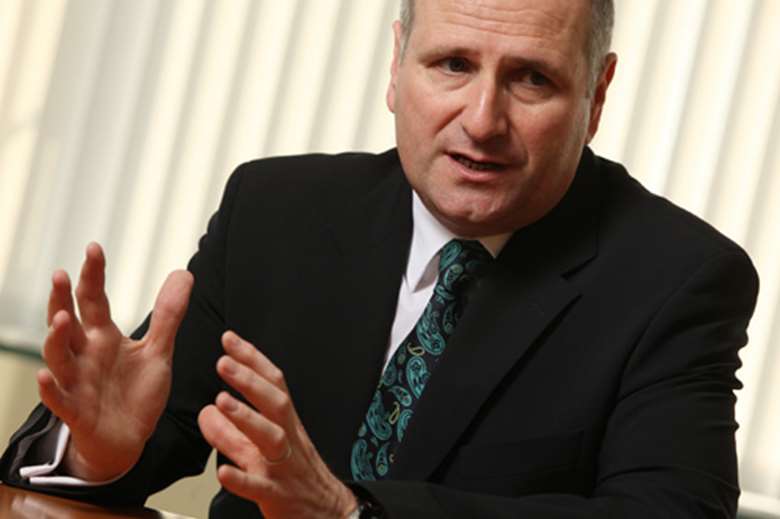Cuts force councils to merge children's and adult services
Lauren Higgs
Wednesday, May 25, 2011
A third of councils either no longer have a director of children's services (DCS) or are planning to change the role, research has revealed.

The study of 58 local authorities by the Association of Directors of Children’s Services (ADCS) and the National College found increasing numbers of councils are merging adult and children’s services or splitting responsibility for children’s social care and education between separate directorates.
This is despite the fact that Professor Eileen Munro’s review into the child protection system published earlier this month recommended protecting the discrete functions of the DCS role in every local authority.
The study also found that many councils are reducing the number of senior and middle managers in children’s services, with 66 per cent of local authorities reporting a reduction in such posts since the start of this financial year. Nationally, approximately 150 of these jobs have disappeared, the research said.
Posts that were most likely to be scrapped included managers with responsibility for extended services, youth provision, early years and capital projects.
In terms of the direct delivery of services for children and young people, the study showed a shift toward councils becoming commissioners rather than providers.
There is "a significant level of scepticism about whether this will either save money or lead to improved service delivery", the report said.
"A particular concern that has been exercising DCSs in authorities taking an interest in commissioning on a large scale is about accountability, particularly for high-risk services such as safeguarding."
While 54 per cent of councils said they were happy to outsource children’s services to third sector providers, the report found directors had little enthusiasm for alternative solutions, with only 10 per cent saying they would commission the private sector and just 14 per cent considering mutualising services.
Matt Dunkley, president of ADCS, admitted that pressure on budgets is forcing local authorities to review the roles and number of senior managers they employ.
"Some of my colleagues with wider responsibilities, particularly in unitary authorities, report some benefits from aligning services for families under one director," he said.
"However, it would be remiss not to sound a note of caution – Professor Munro’s recent review of child protection warns against expanding the responsibilities of the DCS beyond the core remit of education and children’s social care.
"What is vitally important is that local authorities ask themselves serious questions about these arrangements. Does this strengthen or dilute accountability for the outcomes achieved by children and young people locally and is this clear to local residents? Is the ‘spine of accountability’ for children's safeguarding clear and transparent? Does it provide directors and lead members with the levers they need to build excellent services for families?"
The survey follows on from a similar project in November 2010 that examined 65 local authorities and found 80 per cent of councils were considering reconfiguring their children’s services departments in some capacity.





